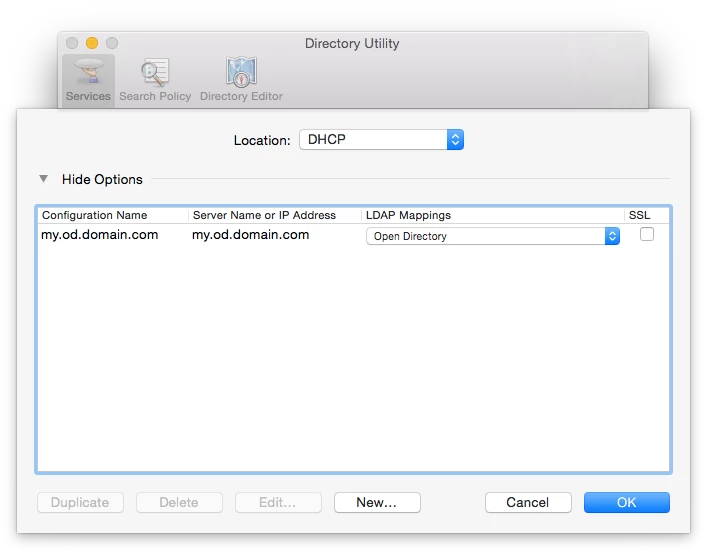Hello Community,
I am new to Casper and this community. Our primary engineer accepted a position with another company and I have taken his position. I am learning all things Casper and diving deeper into Mac Administration.
We are currently working on a the following project:
Project: Migrating our current Mac Server infrastructure to a Windows Servers Infrastructure.
Why, you may ask:
Answer: Open Directory is not meeting our scalability like Active Directory.
Currently, I have been working with JAMF on migrating the JSS from our Mac Server to our new Windows Server. Al at JAMF has been AWESOME!
A migration of the JSS would have been simple but we are also changing the name of our domain. Which means the following:
- Enroll each device into the new Windows JSS
- Remove computer form Open Directory (old domain)
- Remove/Delete account on computer attached to old domain ------ sudo dscl delete /users/leesmith
- Bind each device to the domain from company.lan to company.org
- Migrate User Profile from old user profile to new user profile ----- For example: Move leesmith profile to new lee.smith profile
- Chown permissions on new profile lee.smith ----- sudo chown -R lee.smith /Users/lee.smith
So, far we have been able to create the following:
1. Create a quick add package and policy on the old JSS instance to enroll devices in the new Windows JSS
2. Bind computers to the new domain
We are still working on the other steps.
Questions:
- Does anyone have a script on unbinding the devices from the Old Domain?
---- Note: We have tried the script from: - https://jamfnation.jamfsoftware.com/viewProductFile.html?fid=442
--------- The script is not working, we think the script is not working because file locations have changed over the course of Mac OS's.
- Has anyone performed this type of migration?
--- If so, some items to think about.
Any thoughts or suggestions or welcome.
Please remember I am a noob.
Thank you in advance.







